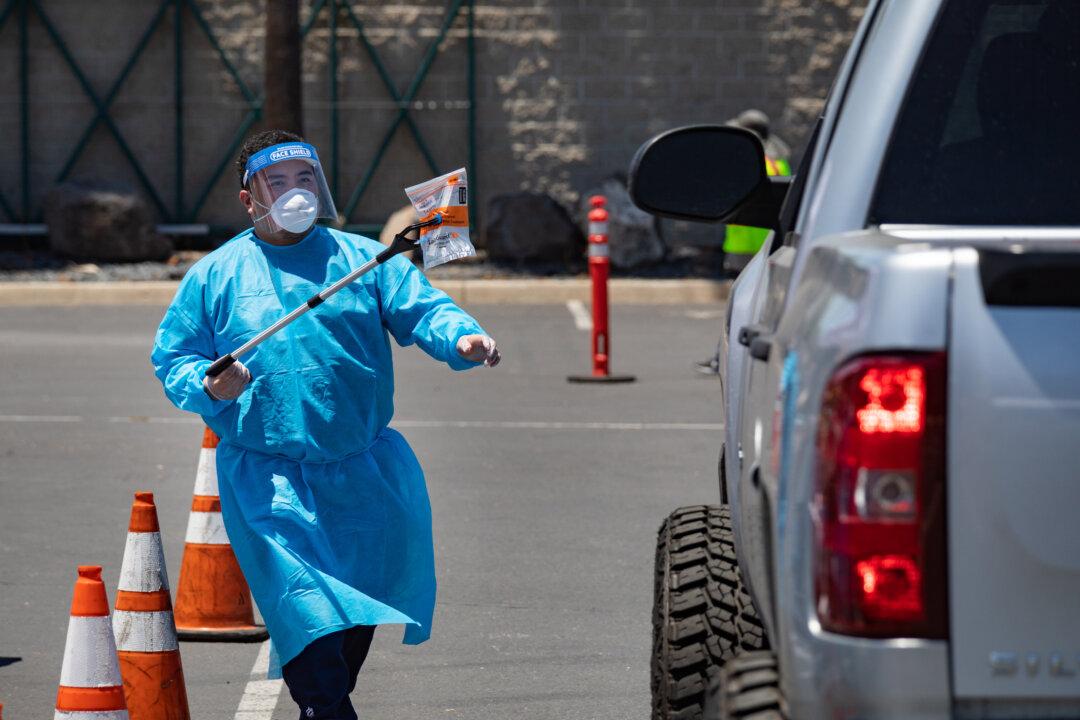The Food and Drug Administration (FDA) has issued the administration’s first emergency use authorization for a new method of COVID-19 testing known as sample pooling.
In what is called pooled or group testing, several samples are tested as a batch, rather than checked individually. If the whole batch tests negative for the presence of the disease, testers move on to evaluate another batch. This minimizes the need to test each individual sample because only if there’s a positive indication of the virus at a batch level is there a need to test individual samples.





